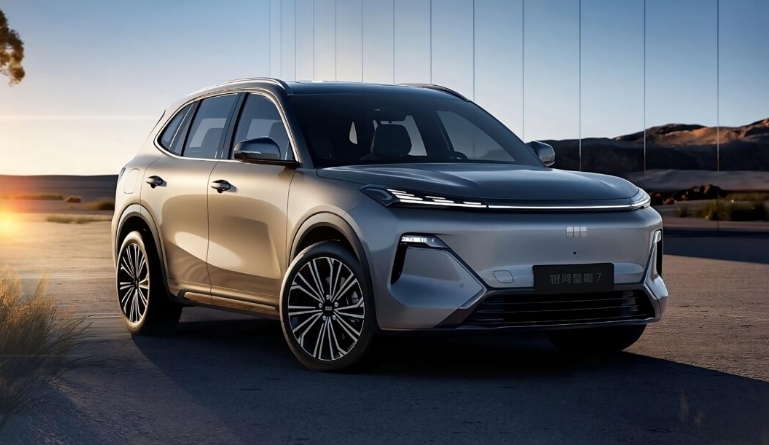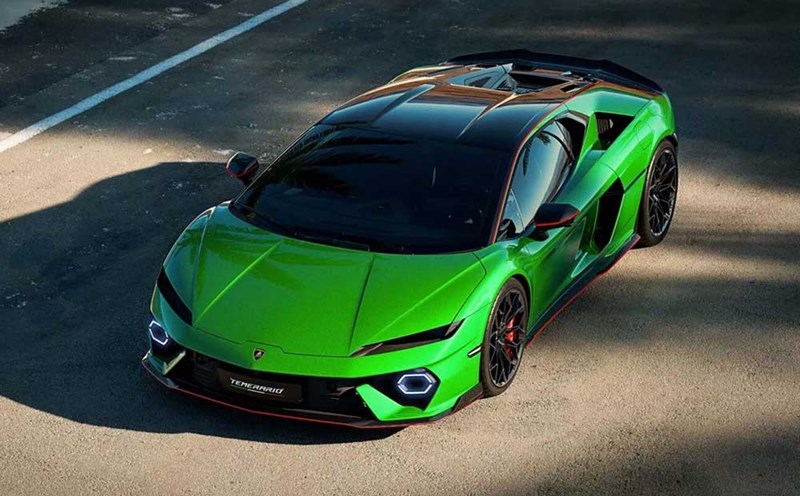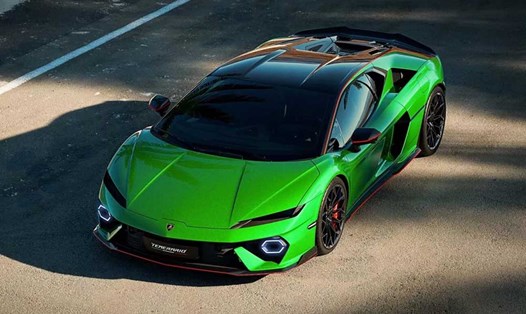
According to the company, EM-i is the latest version of the NordThor plug-in hybrid system. The previous version was EM-P, which focused on performance and is currently used on Lynk & Co (sub-brand) models.
The new version is a combination of a 1.5-liter naturally aspirated gasoline engine with a thermal efficiency that Geely claims is the best in the world at 46.5%. This engine can even use methanol and operate at -35 degrees Celsius with an electric motor with a capacity of 214 horsepower.
According to the media, EM-i technology consumes only 2.62 liters of gasoline per 100 km, allowing the car to travel a combined distance of both gasoline and electricity of up to 2,390 km. Meanwhile, BYD's new generation, launched in May 2024, consumes 2.9 liters of gasoline per 100 km and has a driving range of 2,100 km when fully charged and filled with gas.
However, in real-world testing, the first Galaxy Starship 7 crossover using Geely's new system was able to achieve a fuel consumption of 3 liters of gasoline per 100 km. The Galaxy Starship 7 combines a 1.5-liter naturally aspirated gasoline engine with a capacity of 110 horsepower and 2 electric motors. This model has 2 battery pack options: 19.09 kWh / 101 km on electricity only and 29.94 kWh / 150 km in pure electric mode. According to the company, this new hybrid technology will also be applied to car lines of the Renault, Volvo and Lotus brands.
BYD is currently leading the sales rankings of electric and plug-in hybrid vehicles in China with a market share of 34.6% (as of the first 9 months of 2024). This figure is far ahead of Geely in 2nd place with 7.4% and Tesla in 3rd place with 6.5%.
Thanks to strong growth, BYD broke its quarterly sales record in the July-September period with plug-in hybrid vehicles rising 76% to 685,830 units (figures based on Reuters calculations from BYD monthly data).











